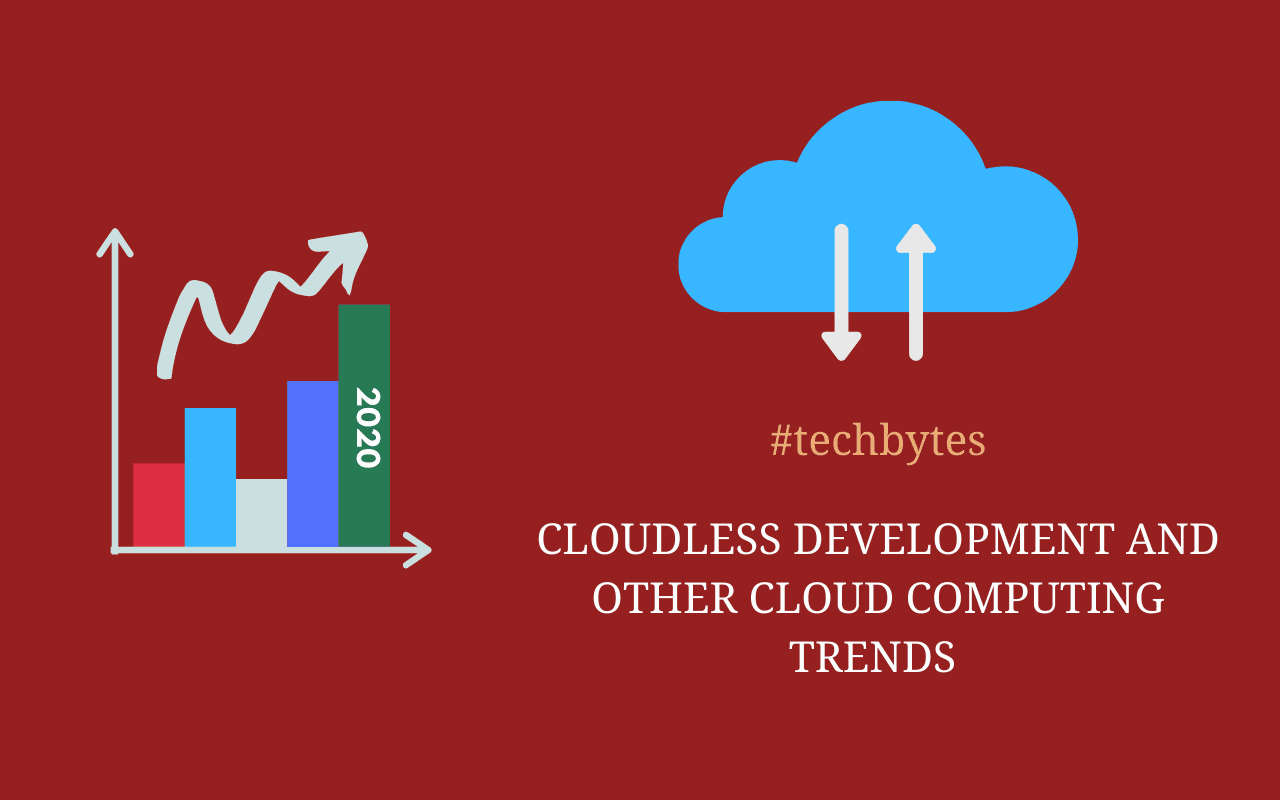
The Complete Cloud Computing Course For Beginners
Cloud computing is among the top game-changers in the world of communication. In simple terms, it is the delivery of computing services over the internet, also referred to as the cloud, in tech circles. Among the infrastructures coordinated over the internet include databases, storage, and servers.
If you want to get a good grip on the cloud computing concept, you can sign up for a course. There are several beginner courses, such as those leading to Microsoft's Azure cloud certification.
When looking at new-age technological ideas such as big data, you see the relevance of cloud computing, especially in the storage department.
What The Cloud Computing Course Covers
The cloud computing course may vary from one institution to another, though the following are some of the units that you may come across:
- Introduction and basics of cloud computing.
- Databases essential for Amazon web services.
- Computer engines necessary for cloud services.
- Security in cloud computing.
Other areas that you may touch include hardware and software infrastructure, data center utilities, virtualization infrastructure, and programming basics. All of these give you a solid background when it comes to cloud computing.
Myths About Learning Cloud Computing
When you decide to venture into this course, there are several assumptions that you may get on your way. Below are some of the myths that you need to ignore;
- You Need a Degree in IT Or Related Fields to Pursue Cloud Computing
This is one of the most widespread assumptions that you may stumble upon in your path to pursue the computing course. While having an IT or related background will provide you with the necessary backing, when venturing into cloud computing, it is not a must.
You also don’t need a background in information technology to go through with your study plans. Some basic knowledge in computer systems is enough to give you the right footing in this course.
- You Should Be Able to Code
Coding is one of the skills,that if you possess, you are sure of a smooth transition in cloud computing, especially when dealing with cloud based applications. However, coding is not a prerequisite for studying the delivery of computing infrastructure over the internet.
- Cloud Computing is Only for the Technically Gifted
Cloud computing is not for the technically gifted, or tech geeks as they are casually known. The world of computing and IT infrastructures is spreading its wings to other sectors, such as in finance and management, and you need to be part of this evolution for your career to grow.
As such, the computing course is essential if you want to give your career the much-needed jumpstart.
Foundations of Cloud Computing for Beginners
When pursuing the named discipline, there are fundamental areas that act as a foundation for your computing knowledge. The fields are operating systems, virtualization, and networking.
- Operating Systems
Before you begin with your venture into the cloud system, you need to have a proper grasp of operation systems. They are the programs in charge of your computer's functions and include Windows and Linux, among many more. Understanding the operating systems provides you with skills - looking at their functionality and optimization.
- Virtualization
With a proper grip on operating systems, you understand the benefits of virtualization in the cloud computing concept. Virtualization refers to running virtual instances of computer systems and hardware platforms such as storage hardware and computer networks.
The thing with online resources is that they differ from other virtual machines. Virtualization is an old concept that came around in the 1960s to divide the mainframe computers' resources logically. The virtual machine is virtualization's fundamental element, and all you use in cloud computing have their operating system.
The main advantage of virtualization is the flexibility they present, which allows you to add more infrastructure to the virtual machine, using different physical nodes.
- Networking
Networking is an essential element of cloud computing, particularly when you consider the need for a virtual communication center for your virtual machine. This connection is the Virtual Private Cloud (VPC). It consists of a variety of optimization options that you use for your deployment.
You also need to understand the public vs. private cloud computing concepts to get through this computing concept. The public cloud is accessible to the public for data storage, VMs, and several other cloud utilities.
The private cloud computing infrastructures offer you flexibility and security. You take on the management responsibility when operating this small scale cloud infrastructure. There is also the hybrid cloud, which combines features of the public and private computing concepts.
Final Word:
Cloud computing is a concept that is changing the communication sector and offers a wide range of flexibility for the online resources it deals in. You can take a beginner course in this discipline to widen your career options.


